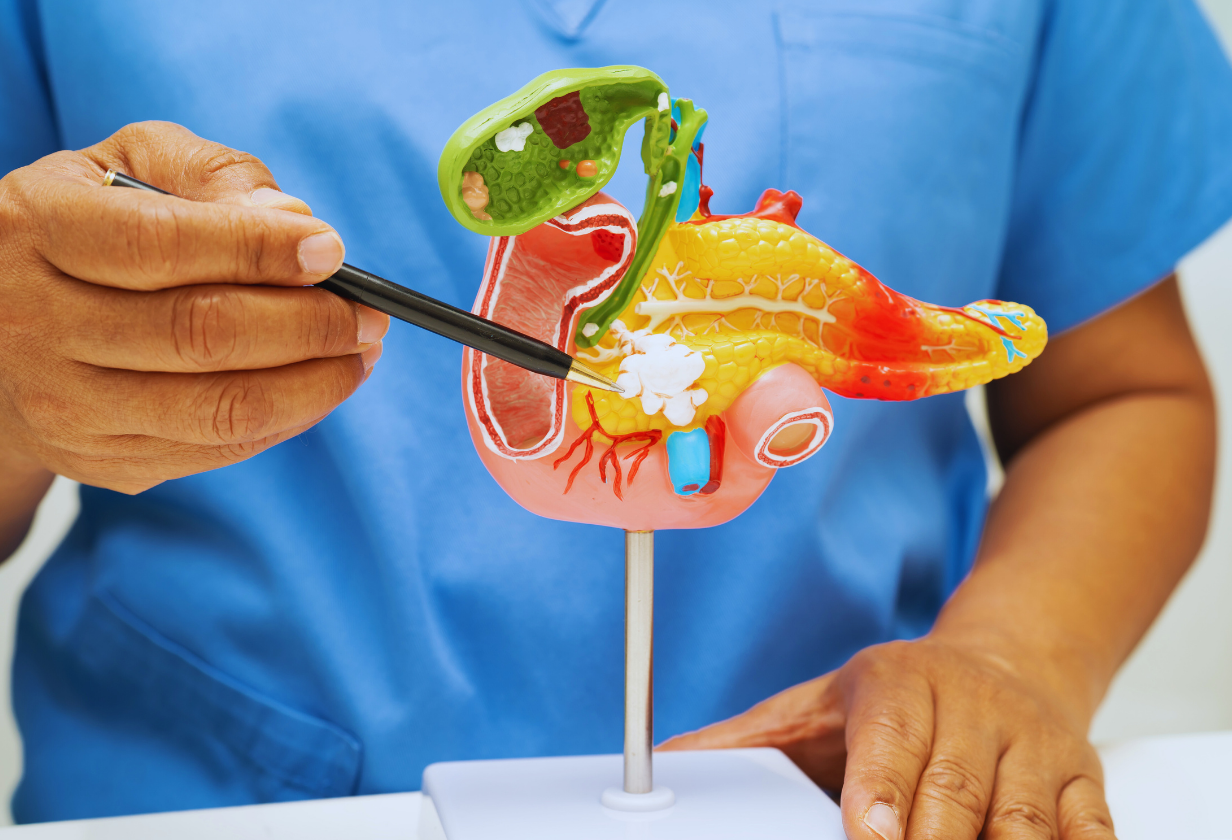If you’ve been diagnosed with gallstones or gallbladder disease, your doctor may recommend gallbladder surgery. But like many patients, you may wonder, how long does gallbladder surgery take, what to expect during recovery, and how soon you can return to your normal activities. This guide answers all your questions, helping you prepare for the procedure with confidence.
What Is Gallbladder Surgery?
Gallbladder surgery, also called cholecystectomy, is a common procedure to remove the gallbladder. The gallbladder is a small organ located under the liver that stores bile, which helps digest fats. When gallstones block the bile ducts or cause inflammation, removing the gallbladder is often the best treatment to prevent pain and complications.
There are two main types of the surgery:
✅ Laparoscopic cholecystectomy: A minimally invasive procedure using small incisions and a camera.
✅ Open cholecystectomy: A traditional surgery involving a larger incision, usually done when complications are present.
Most gallbladder surgeries are performed laparoscopically due to faster recovery and fewer risks.
How Long Does Gallbladder Surgery Take?
The duration of the surgery depends on the method used and your individual health condition. On average:
- Laparoscopic gallbladder surgery typically takes 1 to 2 hours.
- Open gallbladder surgery may take 2 to 3 hours, depending on complexity.
While the surgery itself is relatively quick, you should also consider the preparation and recovery time at the hospital. Patients are usually monitored for a few hours after the procedure before going home the same day (for laparoscopic surgery) or staying overnight if needed.
In rare cases, a laparoscopic procedure may be converted to an open surgery if complications arise during the operation. This can extend the surgery time.
What Happens During Gallbladder Surgery?
If you’re scheduled for gallbladder surgery, here’s what to expect on the day of your operation:
- Pre-operative preparation: You’ll be asked to avoid eating or drinking for several hours before surgery.
- Anesthesia: General anesthesia is used, so you’ll be asleep and pain-free throughout the procedure.
- Surgery: The surgeon makes small incisions (or one larger incision for open surgery), inserts instruments, removes the gallbladder, and closes the incisions.
- Recovery room: You’ll wake up in a recovery area where nurses monitor your vital signs.
How Long Is Recovery After Gallbladder Surgery?
Recovery time depends on the type of surgery performed:
✅ Laparoscopic gallbladder surgery: Most patients return home the same day and resume light activities within 3 to 7 days. Full recovery usually takes 1 to 2 weeks.
✅ Open gallbladder surgery: Hospital stay may last 2 to 5 days, with full recovery taking 4 to 6 weeks.
During recovery, it’s normal to feel mild pain or discomfort around the incision sites. Your doctor will provide guidelines on wound care, activity restrictions, and when to resume normal eating.
Benefits of Gallbladder Surgery
Undergoing gallbladder surgery offers several benefits, especially for those suffering from gallstones or recurrent infections:
✅ Relief from abdominal pain and bloating.
✅ Prevention of gallstone-related complications like pancreatitis.
✅ Elimination of the risk of gallbladder inflammation.
Most people live healthy lives without a gallbladder. While some may experience mild digestive changes, these usually improve over time.
When to Seek Medical Attention After Surgery
After gallbladder surgery, contact your doctor if you experience:
⚠️ Severe abdominal pain that worsens over time.
⚠️ High fever or chills.
⚠️ Persistent nausea or vomiting.
⚠️ Redness, swelling, or discharge at the incision sites.
⚠️ Jaundice (yellowing of the skin or eyes).
Early intervention can prevent complications if any issues arise post-surgery.
Final Thoughts
If you’re wondering how long does gallbladder surgery take, the answer is reassuring: it’s a relatively quick and safe procedure with high success rates. Most patients experience significant relief from symptoms and enjoy a smooth recovery.
Before scheduling your surgery, talk to your doctor about the best surgical approach for your condition, your health history, and what to expect during recovery. With proper care, you’ll be back to your daily routine in no time.
